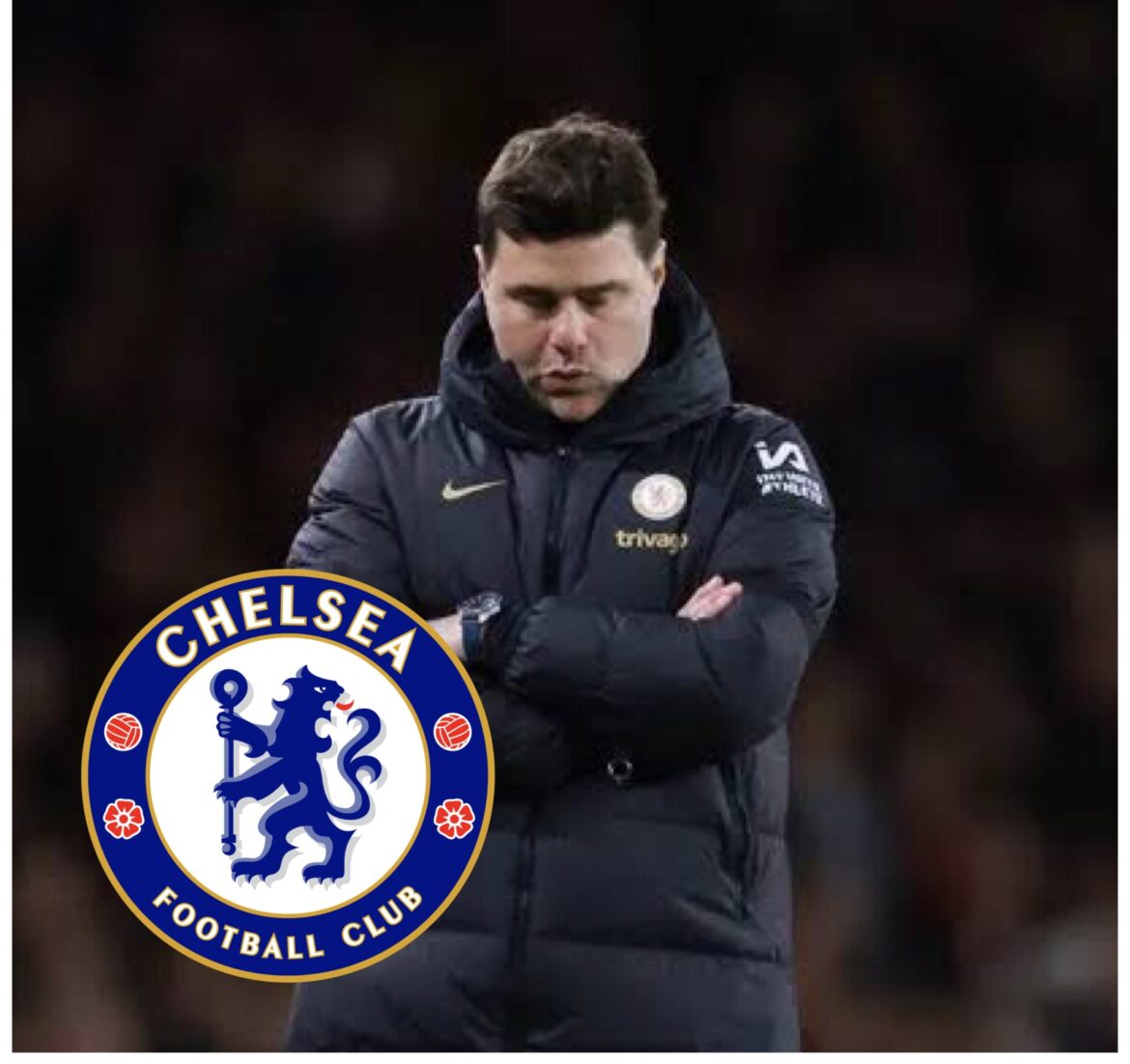Mauricio Pochettino has warned Chelsea fans his control over the club’s affairs is limited, conceding that the “entire organization” should be rallying for their futures at Stamford Bridge.
His remarks came in the wake of Chelsea’s 5-0 thrashing by Premier League leaders Arsenal, marking the Blues’ heaviest defeat in over five years. Additionally, their FA Cup semi-final loss to Manchester City has put them on track for a third consecutive season without significant domestic or European silverware.
The team’s struggles have left many fans questioning whether Pochettino deserves a second year at the helm but, while the manager accepted some responsibility for Chelsea’s poor performances, he insisted he cannot be held solely to blame.
“We are all responsible for the situation and we all need to improve to show that we deserve to be here next season,” Pochettino said. “It looks like it’s only me – not the whole organisation. It should be the whole organisation.
“I support the decision making. But in some parts we are not involved. The club is designing a structure that you need to prove works. Because of the results, you can say: ‘Yes it’s just him’. But I don’t have the keys of the club.
“I don’t take all the decisions here. That is to be made clear. If you say to me I have the keys and this guy is here because it’s my decision, that is one thing. But if this is not my decision, you need to judge me, and judge him in his job, no? Because it’s not my direct responsibility. I cannot suffer for things that are not in my hands.”
Pochettino went on to admit that he has not spoken with club owners Boehly and Behdad Eghbali for a number of months now.
“To be honest, in the last few months, we didn’t cross, or message,” he said. “We communicated through the sporting directors but nothing has changed. We are not changing my view or my feeling.”
Chelsea and Pochettino have scheduled a mutual evaluation this summer, allowing both parties to assess the manager’s performance and provide feedback on his first year in charge. While this evaluation process leaves the possibility of a parting of ways open, it is viewed by many as a routine business practice rather than an indication of an imminent managerial change.

